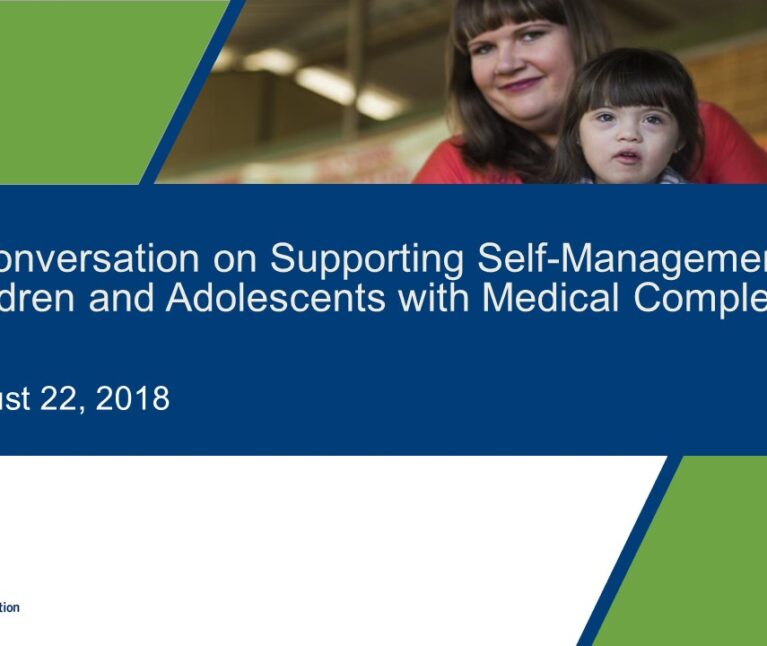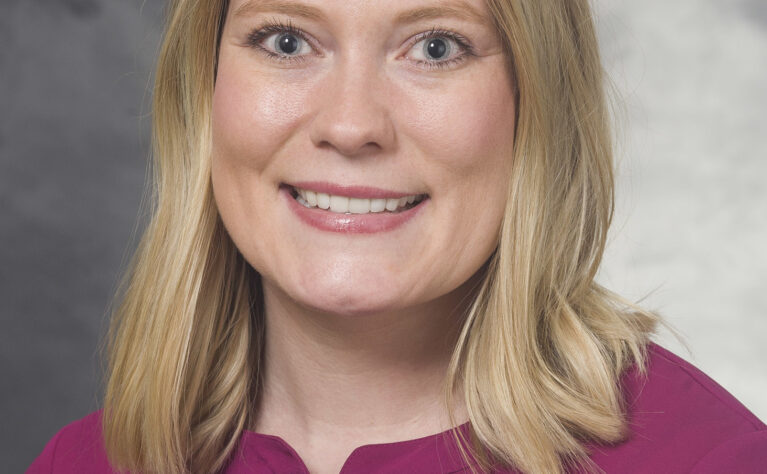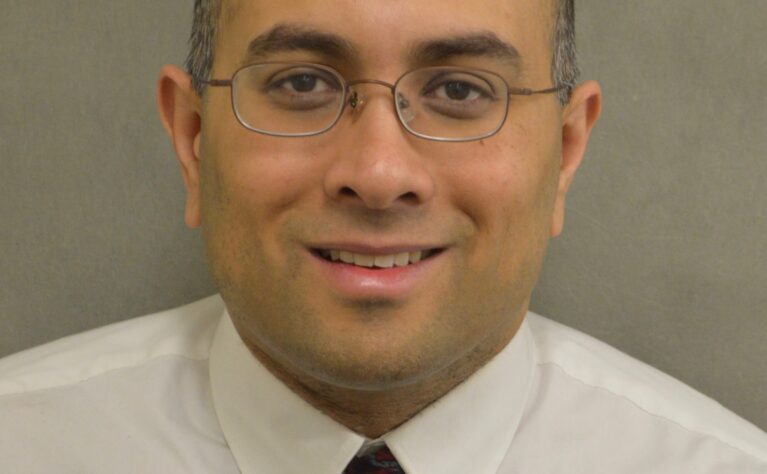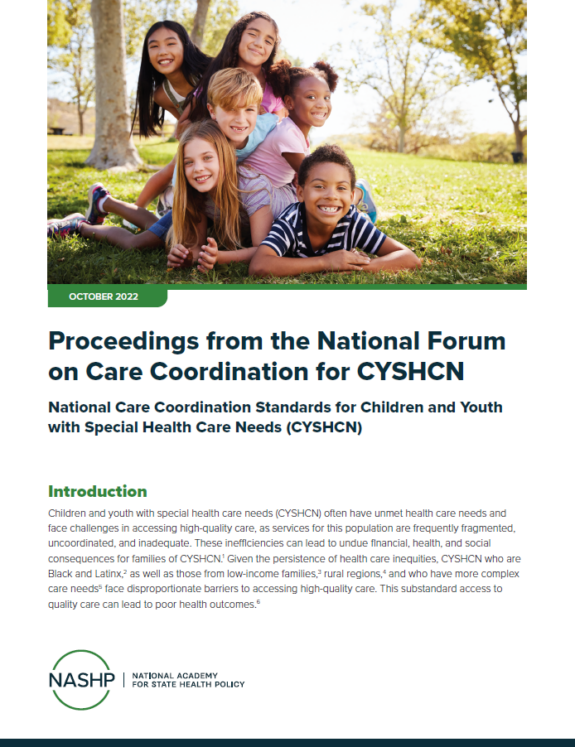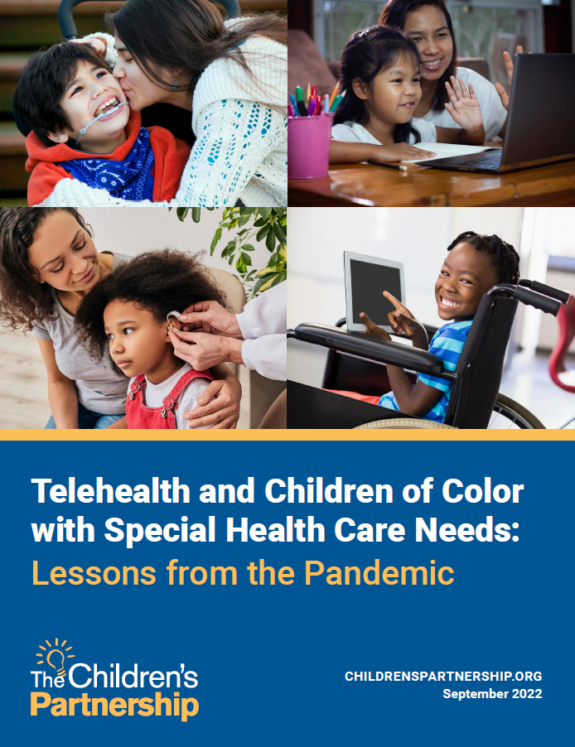While self-management support has been a component of adult chronic care for decades, it is just emerging as a critical need for children, especially those with complex conditions. Self-management is a shared undertaking between the child, their parents and care providers, and must take into account the child’s developmental status and the family’s capacities. Clinicians need routine, standardized approaches and tools to address the unique needs of children and their families including assessing self-management skills, collaboratively setting goals, and promoting competence and autonomy in youth.
Discussing the article, Supporting Self-Management in Children and Adolescents with Complex Chronic Conditions, the lead author and experts in the field reviewed the article’s key content and discussed how health systems could better support self-management by pediatric patients and their families.
This article is part of a supplement to Pediatrics entitled, “Building Systems that Work for Children with Complex Health Care Needs.”
